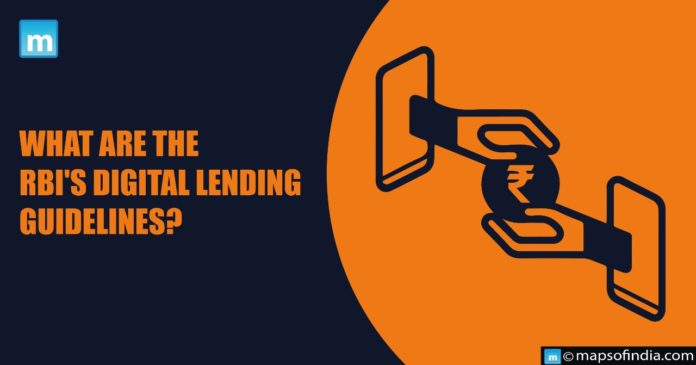What is the concept of Money Laundering?
- Money laundering is a serious misconduct in which a person attempts to conceal their unlawful source of revenue via legal ways. For example, proceeds from drug trafficking can be utilised to offset the cost of opening a restaurant.
- Money laundering is a horrific crime that harms the country’s social and economic foundation and fosters other significant offences like terrorism and drug trafficking, which have recently increased in India. It is a developing issue that must be addressed.
- The Prevention of Money Laundering Act (PMLA), enacted in 2002, has undergone several crucial amendments to strengthen its ability to combat the crime of money laundering.
- Several challenges have been filed around the country, calling into doubt the Enforcement Directorate’s nearly unlimited powers under the PMLA to search, seize, investigate, and attach assets regarded as proceeds of crime.
What is the Prevention of Money Laundering Act (PMLA)?
- Money laundering is the transformation or fabrication of money obtained unlawfully through illicit sources and techniques.
- It is a punishable crime in India, and the charges, in this case, are based on the Prevention of Money Laundering Act, 2002.
- The PMLA was implemented in response to India’s international commitment (Vienna Convention) to combat money laundering. These are some examples:
- The United Nations General Assembly approved a Political Declaration and a Global Program of Action in 1990.
- Convention Concerning Illicit Traffic in Narcotic Drugs and Psychotropic Substances of the United Nations
- The Financial Action Task Force (FATF) recommendation on Money Laundering.
- Individuals, businesses, organisations, partnership firms, associations of persons or incorporations, and any agency, office, or branch owned or managed by any preceding are all covered by the PMLA.
What are the recent PMLA Amendments?
Clarification of the Proceeds of Crime Position
- Proceeds of Crime encompass the property generated from the scheduled offence, and any additional property acquired or earned while engaging in any criminal conduct related to or equivalent to the scheduled offence.
Redefining Money Laundering
- Money laundering was not a separate crime but a consequence of another, designated as the predicate or scheduled offence.
- The amendment tries to make money laundering a separate offence.
According to Section 3 of the PMLA, a person is accused of money laundering if they are directly or indirectly involved in the profits of a crime.
- Concealment
- Possession
- Using or portraying as genuine property
- Claiming to be an untainted property
Continuing Nature of Offence
- As this crime continues, the individual will be regarded as participating in the offence of money laundering until that person receives the fruits of money laundering operations.
What are the issues with the PMLA Amendments?
Possible Violation of Powers
- Because the “process is itself the penalty,” the PMLA might be used against a political opponent or dissenter.
Problems with ECIR
- The ECIR (Enforcement Case Information Report), an analogue of the FIR, is treated as an “internal document” and is not provided to the accused.
- Throughout the proceedings, the accused is unaware of the facts of the claim against him because the sole document containing the complaint is the ECIR, which is not provided to the accused.
PMLA differs from General Criminal Procedure:
- Every accused is presumed innocent unless proven guilty under general criminal law.
- However, under the PMLA, the burden of proof has been moved to the accused; they must establish their innocence.
Accused-Bound to be a Witness
- Section 63 of the PMLA specifies that the accused must provide information; providing incorrect information or no information is another offence.
- The right to self-incrimination is violated when the accused is forced to testify against themselves.




